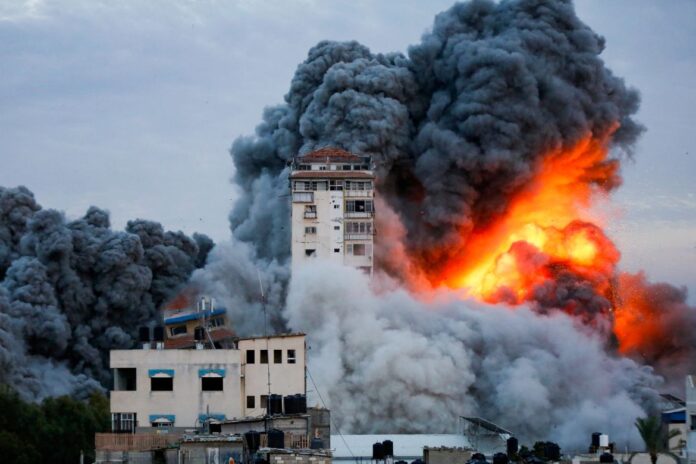The Hamas attack on Israel on October 7 is a significant setback for both Israel and the region’s efforts to normalize and find peace. Inadequate military readiness and bad intelligence are to blame for Israel’s failure.
More significantly, the nation’s military invincibility reputation has been destroyed. Israel is currently using a huge onslaught on Gaza to try and regain the deterrent it once had, but even if Gaza is destroyed and reoccupied, it is far from clear that it would be successful.
Furthermore, it is difficult to imagine how Israeli Prime Minister Benjamin Netanyahu will maintain his political position in light of the deaths of Israeli civilians and the sizable number of Israeli captives presently held by Hamas.
Of course, the Palestinians also lose because this attack is not likely to advance their cause toward creating their own state or achieve Hamas’s goal of destroying Israel. Instead, Israel will retaliate by inflicting even more suffering and violence upon the Palestinian people.
As a result, there are no winners on any side as the cycle of bloodshed in the Middle East continues unabatedly and with growing severity. But why did this attack take place at this time, and what were its objectives?
There are two primary explanations for why these attacks occurred. First, the effectiveness of these attacks is one strategy Hamas has been using to compete with the Palestinian Authority (PA) for control of the Palestinian cause. The Oslo Peace Accords with Israel, which never produced the promised Palestinian state, were signed by the PA, the recognized government of the Palestinians.
The Palestinian Authority (PA) is also rife with corruption and poor governance, and because it has limited Palestinian resistance to occupation, it is perceived as being complicit with Israel and has thus lost much of its legitimacy.
There is no doubt that Hamas is now in charge of the Palestinian drive for liberation and self-determination, regardless of what happens to it in Gaza. Second, there is an endeavor by Hamas to halt the trend of normalization between Israel and the Gulf Arab governments, particularly with Saudi Arabia, with Iran’s help and supervision.
Recently, the Saudis and Israelis were engaged in peace negotiations under President Joe Biden’s leadership. If this had been successful, Israel and the Gulf states would have formed a new alliance to counter Iran’s “axis of resistance” to Israeli and American influence in the area.
It is improbable that a peace agreement will be struck anytime soon in light of these attacks and the inevitable brutal Israeli response against the Palestinians. It will be extremely difficult for the Saudi government to reach a peace agreement with a nation that is brutally oppressing a community of Arabs who are widely believed to have been denied their rights and are residing under cruel Israeli occupation.

































